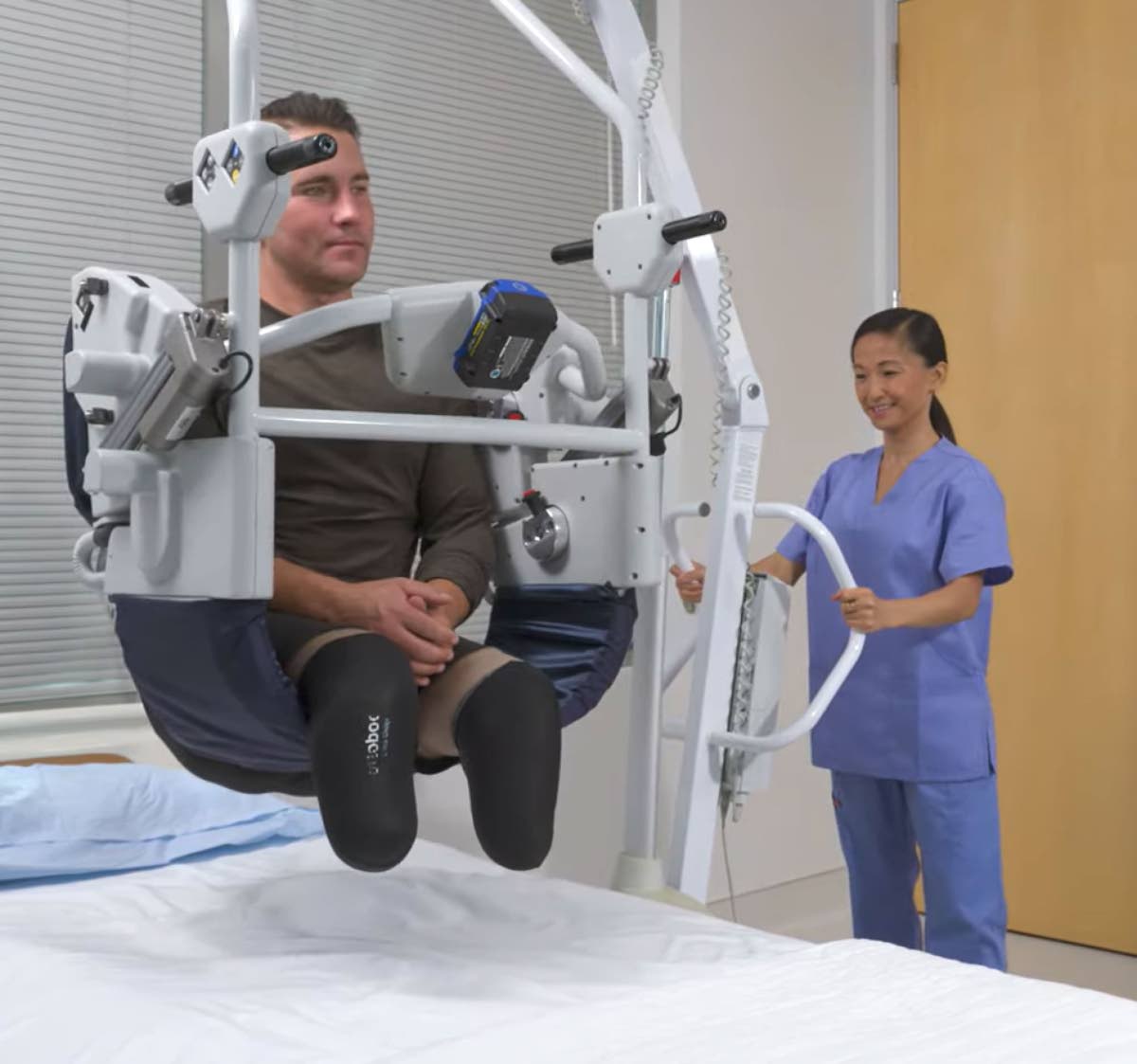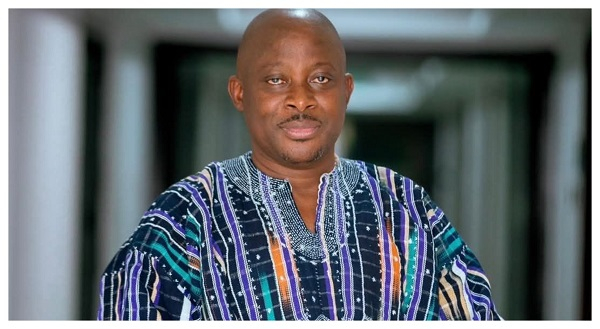Copyright newsday

As people begin to get older, they realise they are unable to do the same things they did when they were younger. Their bodies aren’t able to recover from injuries as quickly as before and their mobility isn’t the same. However, this isn’t limited to age. Younger people who are immobilised because of a disease or an injury may also find themselves unable to do things they were once able to do. Regardless of the circumstance, everyone deserves the dignity of being able to move and do even the most basic tasks, such as going to the bathroom or getting out of bed. This is where Neala Persad, director of sales and administration at Canadian-based Access Mobility MedCare, comes in. Persad is passionate about giving that kind of dignity back to people who have lost it. Her business and passion is to enhance the quality of life for people with mobility challenges by giving them reliable home accessibility solutions, making their homes safe and comfortable. At their TT launch of one such solution – the UpLyft – at the Kapok Hotel on October 8, Persad explained how giving people dignity through mobility is more than a business but a calling. Living independently through ageing Speaking to Business Day, Persad said: "There is no doubt that I believe in what I do. "The cause we are championing is to prove that accessibility and mobility can be done with our products and services, to help people maintain their independence in daily living, and more so have them do what they do day in and day out with dignity." She said that for many people losing their mobility could take a mental and emotional toll, and overall, it could reduce the quality of life. She said when one loses their independence because of an illness or a physical challenge, it weighs heavily on their mind. Persad said giving someone accessibility helps that person in several different ways. However, she said planning and preparation for ageing is very important. "Understanding a person's physical needs as they age or are expecting to undergo surgery that could reduce mobility, is one of the first stages in ensuring that they can live independently as they age. "You have to realise that there are amenities, products, services and institutions that can help you." She added that mental health also plays a significant role in maintaining independent living and dignity through ageing. "I urge people that if they are going through any challenge, from being totally independent to relying on someone, that they ensure they have great counselling and they have peer support. "They have to make sure their network is strong because that is the alliance that you need before you even start talking about products and services." ‘UpLyft-ing’ the physically challenged Director of operations Robert Bissondath told Business Day about one of their feature products, the UpLyft – a self-transfer system for people with limited mobility. The UpLyft can transfer a person from a lying down position in bed to their wheelchair and vice versa without the need for nursing assistants. This particular system is designed to facilitate easy and safe transfers and transform the way people with mobility challenges go through their daily routines. He said the frame of the unit is made out of high-carbon steel and is made to move through a combination of screw drives (rotating, threaded steel rods) and stainless steel ropes. As such, the machine could lift up to 330 pounds (136 kg) on its own and, with the addition of a Hoyer lift – a machine that uses a sling to safely lift and transfer people from one place to another – 500 pounds (227 kg). The machine also has a panel that could allow a person to operate the machine themselves, adding to the independence of people with limited mobility. "It operates the same way an actuator on an aircraft works. It is very practical and very easy to use. I don’t think people would be taking too long to learn how to use it." Bissondath said an electromechanical screw drive system was used in the construction of the UpLyft to avoid injuries in the event of an accident or mechanical failure. The UpLyft unit on display at Kapok was set up for use at a medical facility, but Persad said it could be used at home as well. "There are about 15 or 16 departments (in medical facilities) where you can use this. From your emergency room to your acute care facilities. You can even use it for kids." She said that while it is advisable for medical and care facilities to purchase the machine, customers using it at home can lease the machine at US$750 a month. "If people are going through a palliative system (improving the quality of life through providing relief from systems and stress) or choice at the time, they may not need this all the time because the patient may pass away. "If we’re working with an institution or charitable organisation, we will work through those parameters to see how we can be more generous with leasing. If we are working with government sectors, our recommendation is to make an outright purchase, because you probably would need this for more than one department." While they are the only vendor licensed and certified to promote and distribute UpLyft in Canada, the Caribbean and Latin America, UpLyft is not the only mobility solution on offer by Access Mobility MedCare. "Our innovation is really around bathroom modification, home modification, ramps, stair lifts, porch lifts and of course, UpLyft." She said that while other companies, such as AA Laquis, Biomedical Enterprises of TT and Clinitech Company Ltd also provide medical support items in the field of grab bars and wheelchairs, Access Mobility MedCare operates in a different space. Persad said, with the help of her family, alliances within the medical community and close ties with organisations such as the Living Water community and Champs Wellness (a geriatric rehabilitation facility), Access Mobility MedCare was able to expand from its base in Canada to Persad’s home in TT. She said when they started their two-year journey to return to TT, they were welcomed with open arms.



